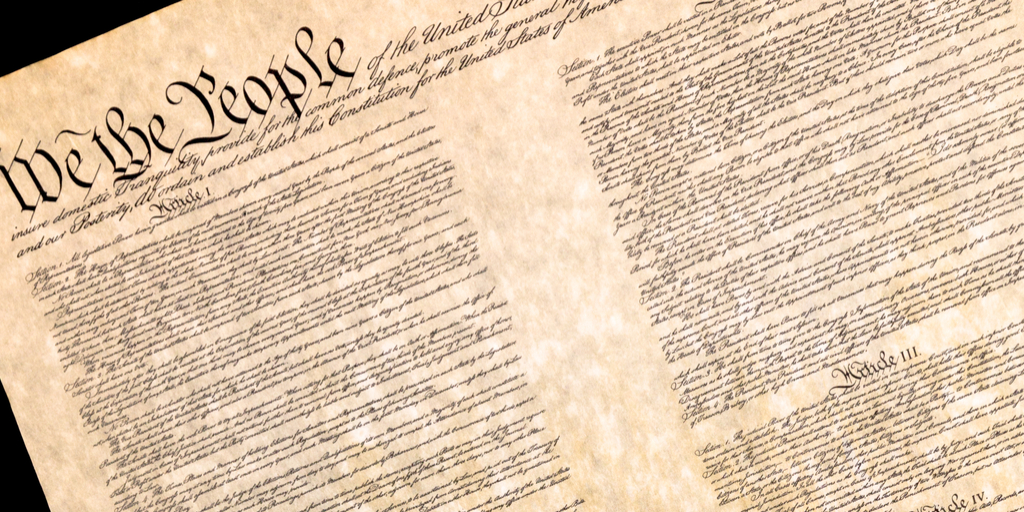Conversations with RBG confirms that the prime reason for Ginsburg's accolades is her relentless progressivism.
Mark Pulliam and the Old Originalism
Mark Pulliam, who is a frequent contributor to our site, has written a new essay at American Greatness, entitled “The Pernicious Notion of ‘Unenumerated Rights,’” that attacks judicial activism from an originalist perspective. Mark sets his sights on various deserving targets and I agree with many of his criticisms.
Here is a taste of the essay:
Many Americans properly scoff at the idea that there are constitutional rights to things that are not actually set forth in the Constitution, such as the “right to a climate system capable of sustaining human life,” as Judge Ann Aiken, appointed by President Bill Clinton, ruled in Juliana. But once judges free themselves of the constraints of constitutional text, anything is possible.
But despite my agreement with some of the essay, I do take exception with the overall theory underlying it. Pulliam writes as an originalist and criticizes others as faux originalists. While I agree that we should be originalists and that some people are faux originalists, I don’t agree with Pulliam’s understanding of the idea. In fact, some people might regard Pulliam’s originalism as the false one.
One problem with Pulliam’s notion is that he builds constraint into originalism. While there are many versions of new originalism these days, Pulliam’s is a clear example of the old originalism. The old originalism rejects interpretations of the Constitution that it regards as conferring too much discretion on judges. But this is problematic and not real originalism.
The old originalism says: generally interpret the Constitution in accord with its original meaning, but do not follow the original meaning when it would confer excessive discretion on judges—that is, discretion that might allow “nonoriginalist” or “willful” judges to import their values into the Constitution. We can all understand why an originalist would be suspicious of such excessive discretion, especially in a world where such importation regularly occurs.
But that suspicion of excessive discretion, however reasonable, cannot justify an originalist ignoring the original meaning. That suspicion is a moral principle. If a “non-excessive-discretion principle” is not in the Constitution, then judges have no more right to follow it than they do to follow moral rights that are also not in the Constitution.
Let me take an example. The Slaughterhouse Cases misinterpreted the Privileges or Immunities Clause of the Fourteenth Amendment. Virtually every legal scholar, no matter of what viewpoint, believes the majority opinion in this case was mistaken. But Pulliam writes that the justices should not overturn the case because it would give willful judges the opportunity to make up rights.
That is not originalism. The Slaughterhouse Cases also raise another issue relevant to Pulliam’s essay. He talks of “enumerated” and “unenumerated” rights. That is an important distinction, but we should not ignore that the key distinction for originalism is something else—between rights that are protected by the Constitution and those that are not. The Constitution can protect rights without those rights being enumerated.
For example, the Constitution says “No State shall . . . abridge the privileges or immunities of citizens of the United States.” But the Constitution does not enumerate what those privileges or immunities are. Some of them may be enumerated by the Bill of Rights (and thus allow incorporation which Pulliam decries), but I believe that the privileges and immunities of citizens extended far beyond the Bill. Judges should protect those rights, even though they are not enumerated, because they are expressly protected by the Constitution.
If one wants to treat Privileges or Immunities Clause as an inkblot, one can certainly do it. The Supreme Court has largely done that for 150 years. But that ain’t originalism.


